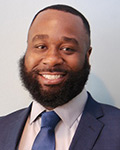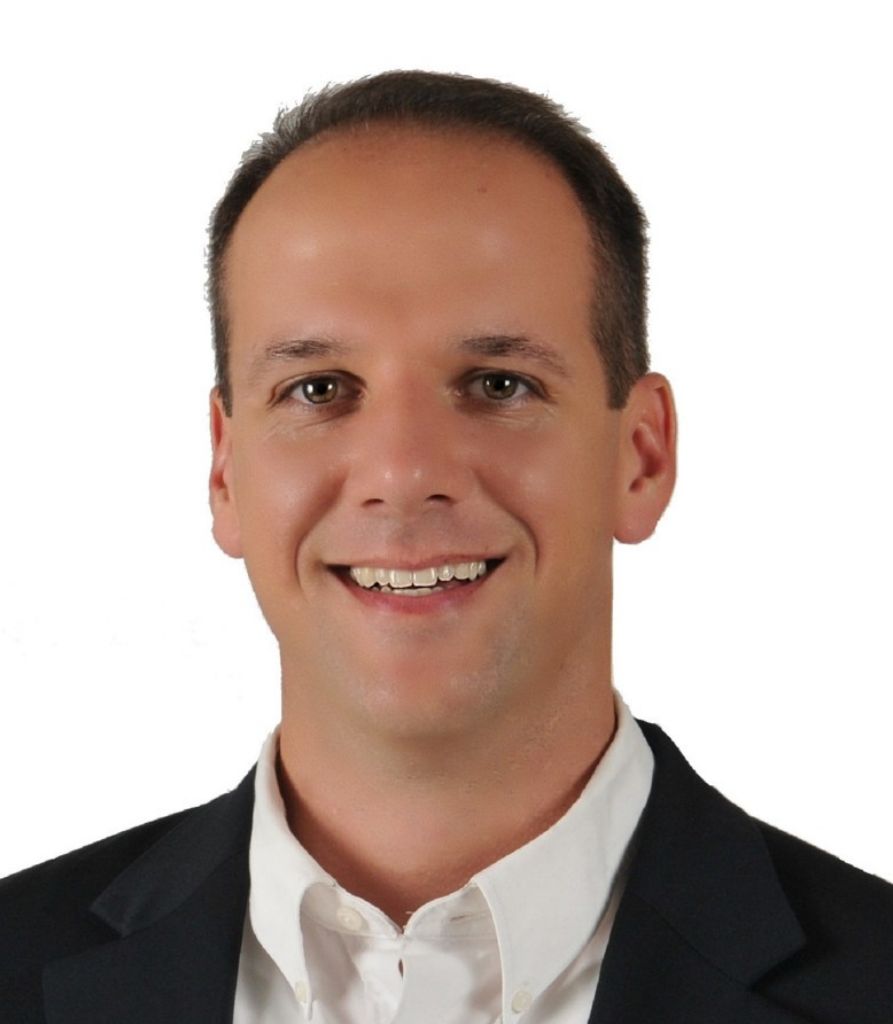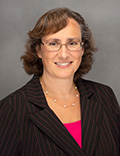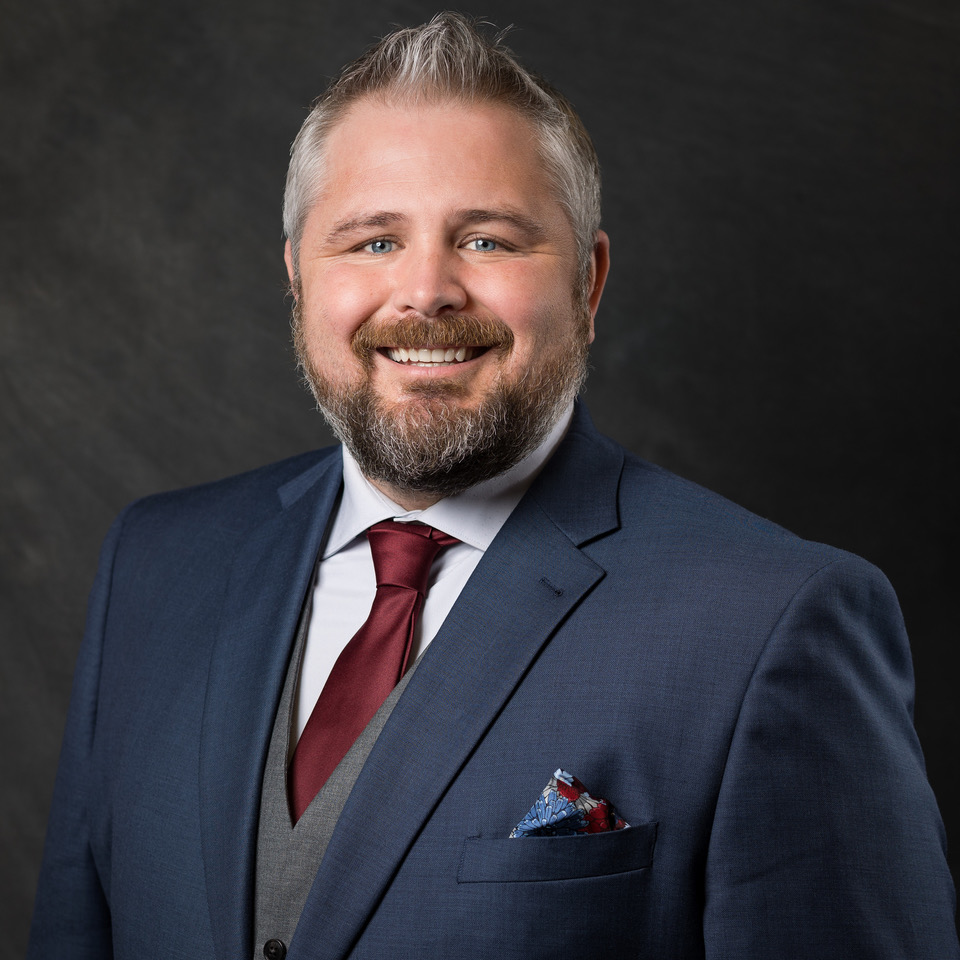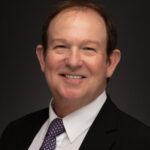By Brian Fowler, WisMed Assure Account Director
Starting October 1, 2023, for the eighth consecutive year, Worker’s Compensation rates in Wisconsin will drop. Worker’s Comp rates in Wisconsin are set by the state and are the same for every insurance carrier. Overall, we’re seeing a decrease of 8.4% across all employee classifications. Physician rates remain low and competitive, with no change to the rates this year. Rates have decreased for physicians within hospital systems and hospital employees other than professional employees.
WisMed Assure also works with dentists and non-physician owned medical professional offices, like chiropractors, therapists and others; many of which share this same classification (8832) (see the chart below).
The following chart shows the current and new rates for the listed class codes (rates are per $100 of payroll):
| Code | Description | Current Rates | New Rates 10/1/2023 | Change |
| 8832 | Physician & Clerical | 0.28 | 0.28 | 0% |
| 8833 | Hospital Professional Employees | 0.82 | 0.76 | – 7% |
| 9040 | Hospital All Other Than Professional | 4.24 | 3.61 | – 14.9% |
This year there is no change to minimum premiums for experience rating. We see approximately a $4,000 increase in annual remuneration to calculate premiums for sole proprietors and partners and roughly a $7,000 increase in the maximum annual remuneration used for executive officers.
Because Wisconsin sets the rates, premiums should be the same regardless of the insurance carrier, the differentiator in overall costs between carriers comes down to who is offering the most competitive dividend plan. When employees are injured, good claims services and getting employees healthy and back to work is the key benefit to any Worker’s Compensation program.
Another difference in how Worker’s Compensation is governed in Wisconsin is there is not a set fee schedule for medical services provided. The Wisconsin Medical Society has long advocated to keep Wisconsin from adopting a Worker’s Comp fee schedule.
Mark Grapentine, Wisconsin Medical Society Chief Policy and Advocacy Officer, serves as a medical liaison to the Worker’s Compensation Advisory Council, a group made up of representatives of management and employees and charged with recommending changes to the state’s Worker’s Compensation system on a two-year basis.
He noted the rates are “certainly good news for businesses” and that they are happening at a time when Wisconsin leads the nation in getting workers back on the job. Injured workers in the state are satisfied with how quickly they can get access to high-quality health care, he said.
“It’s really no wonder why so many folks in other states look very jealously at how Wisconsin’s work comp. system performs,” he wrote in an email to Wisconsin Health News.
If you have questions about Worker’s Compensation coverage rates and dividend programs for your practice, please contact Brian Fowler, WisMed Assure Account Director, at brian.fowler@wismedassure.org 608.442.3718.
Note: This article is for informational purposes only and should not be considered as insurance advice related to your specific policy or situation. Please consult with a qualified insurance advisor or professional before making any policy decisions. Full disclaimer and contact information.

